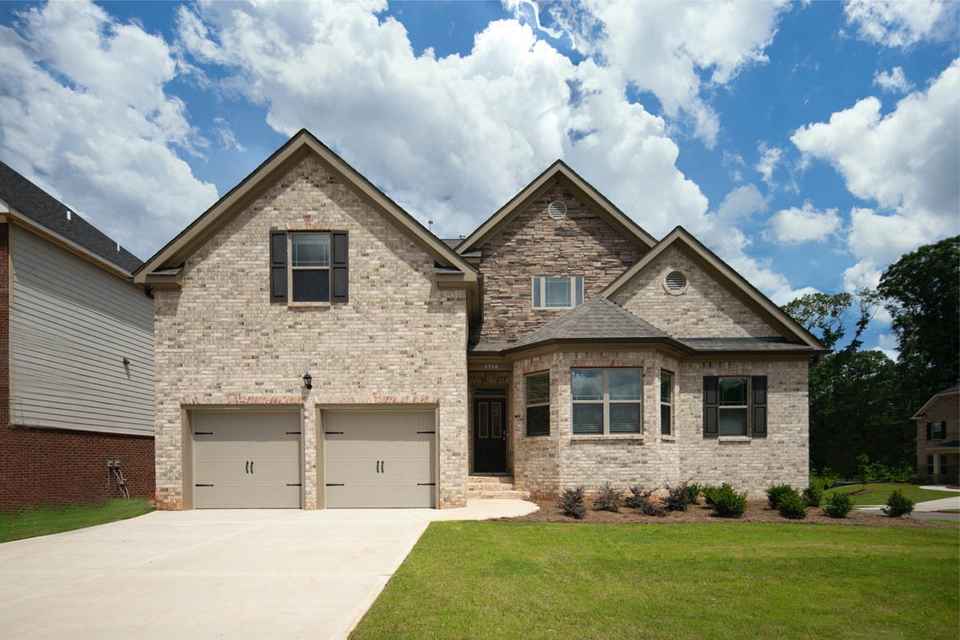Australia, known for its vast landscapes, abundant natural resources, and thriving communities, faces a unique set of challenges when it comes to ensuring a sustainable future.
The United Nations Energy and Water Sustainable Development Goals (SDGs) offer a roadmap to address these challenges and build a greener, more resilient Australia.
In this blog, we’ll explore the significance of the UN’s SDGs in the context of Australia and discuss how BASIX certificates help to support these sustainability goals.
How does the BASIX Certificate Support the UN’s Sustainable Development Goals?
Goal 6: Clean Water and Sanitation
Clean water and sanitation are basic and necessary human rights, and Australia recognises their importance.
While access to clean water is relatively high in urban areas, rural and remote communities face challenges due to limited infrastructure and drought conditions.
BASIX recognises the importance of sustainable water management in residential buildings. It encourages the implementation of water-saving measures, such as water-efficient fixtures and appliances, rainwater harvesting systems, and greywater recycling.
By incorporating these practices, BASIX aims to reduce water consumption and promote responsible water use in buildings.
Goal 7: Affordable and Clean Energy
Access to affordable and green energy is crucial for sustainable development. In Australia, the transition to renewable energy sources, such as solar and wind, has gained momentum.
With ample sunshine and vast coastlines, Australia has the potential to become a global leader in renewable energy production.
BASIX supports Goal 7 by encouraging the adoption of affordable and clean energy practices in the construction sector.
It promotes the utilisation of renewable energy sources such as solar power, which reduces reliance on fossil fuels and greenhouse gas emissions.
With the incorporation of these energy-efficient design principles, BASIX helps reduce energy consumption in buildings, leading to more sustainable and affordable energy solutions.
Goal 13: Climate Action
Australia’s unique biodiversity and fragile ecosystems are vulnerable to the impacts of climate change. Droughts, bushfires, and rising sea levels pose significant challenges for communities across the country.
BASIX’s emphasis on energy efficiency and renewable energy aligns closely with Goal 13: Climate Action.
The sustainability standard promotes sustainable building practices, thus helping to reduce the carbon footprint of residential buildings, which is a significant source of greenhouse gas emissions.
By mitigating climate change impacts through energy-efficient design and renewable energy integration, BASIX contributes to global efforts to address climate change and build resilience against its effects.
You can connect with BASIX consultants to get your BASIX report and certificate prepared smoothly and without complications.
Goal 11: Sustainable Cities and Communities:
Australia’s urban centres are growing rapidly, placing pressure on resources, transport systems, and social cohesion.
Creating sustainable cities and communities involves planning for efficient public transport, designing green spaces, and adopting energy-efficient building practices.
BASIX promotes sustainable urban development by setting energy, thermal and water efficiency standards for residential buildings.
BASIX encourages the use of renewable energy sources, efficient water management systems, and sustainable building practices. This contributes to Goal 11’s objective of making cities and communities inclusive, safe, resilient, and sustainable.
Goal 12: Sustainable Consumption and Production
Goal 12 promotes sustainable consumption and production patterns. It focuses on decoupling economic growth from environmental degradation, promoting resource efficiency, and reducing waste generation.
The goal emphasises the need for more sustainable practices across various sectors, including industry, agriculture, and construction.
BASIX certificate facilitates sustainable consumption and production patterns in the construction sector. It promotes resource efficiency and the use of environmentally friendly materials.
BASIX’s focus on reducing waste, conserving resources, and adopting sustainable construction practices aligns with Goal 12.
Goal 15: Life on Land
Goal 15 aims to protect, restore, and support the sustainable use of terrestrial ecosystems, halt biodiversity loss, and combat desertification and land degradation.
It recognises the crucial role of healthy ecosystems in supporting life on Earth and sustaining biodiversity.
BASIX indirectly supports Goal 15: Life on Land, by considering the environmental impact of residential buildings on land ecosystems.
Through its focus on resource efficiency, BASIX encourages responsible land use practices and the conservation of natural resources.
By minimising the ecological footprint of residential buildings, BASIX contributes to the preservation of terrestrial ecosystems and biodiversity.
Regardless of your sustainability requirement, connecting with BASIX consultants can streamline your residential projects and put them on a fast track for council approval.
Goal 9: Industry, Innovation, and Infrastructure:
Australia’s strong economy relies on robust and sustainable infrastructure.
Investing in renewable or ecological energy infrastructure, such as wind farms and solar power, not only reduces greenhouse gas emissions but also creates job opportunities and drives economic growth.
BASIX supports Goal 9 by fostering innovation and promoting sustainable infrastructure in the construction industry.
It boosts the adoption of energy-efficient technologies, renewable energy systems, and sustainable building materials.
By advocating innovation and sustainable practices in the industry, BASIX contributes to the development of resilient infrastructure, supporting sustainable economic growth and creating job opportunities.
Wrapping Up
The primary tenets of the BASIX certificate sustainable building practices, energy and water efficiency, renewable energy integration, responsible resource use, and ecosystem preservation–contributes to a more sustainable, resilient, and environmentally conscious future.
Through these collective efforts, we can work towards achieving the broader global goals of creating sustainable cities, ensuring access to clean resources, combating climate change, and preserving biodiversity.
Together, let’s continue building a better world for present and future generations.
Contact Us
Eco Certificates
Website : https://www.ecocertificates.com.au
Email ID : [email protected]
Address : Suite 413, 33 Lexington Drive, Bella Vista, NSW – 2153, AustraliaPhone Number : +61 1300162436









